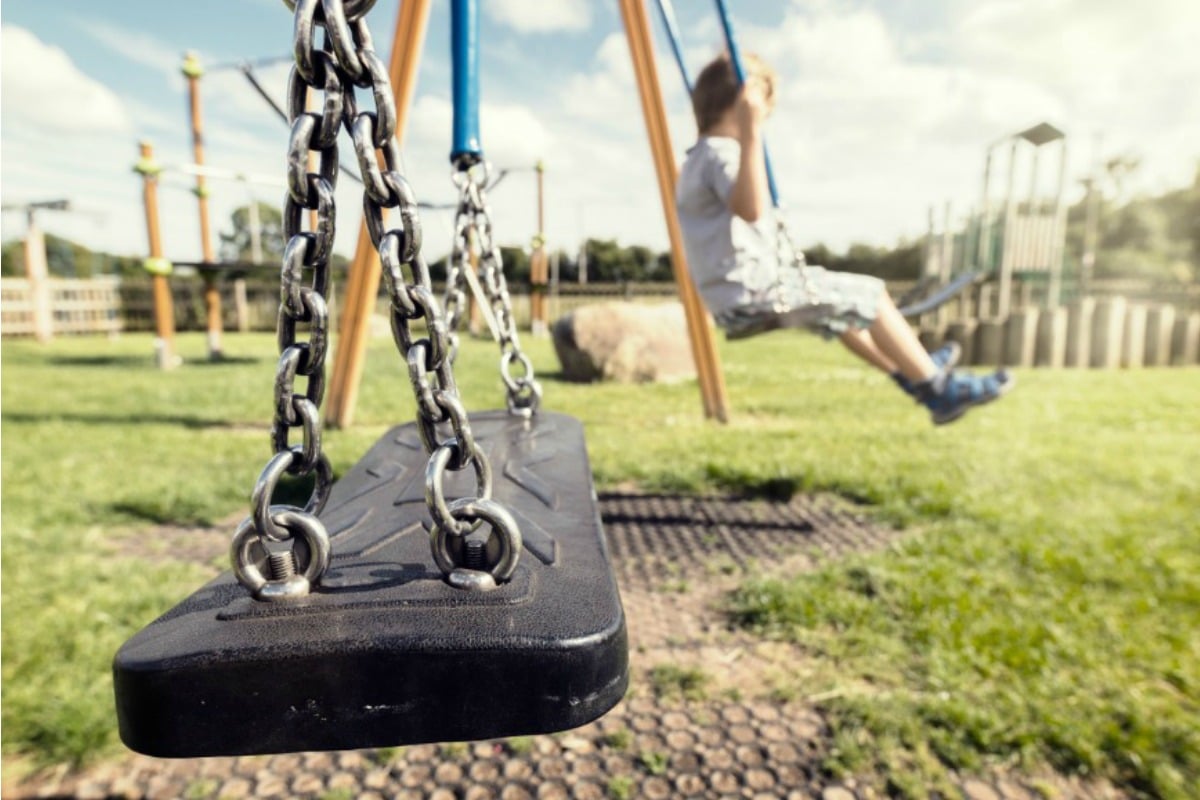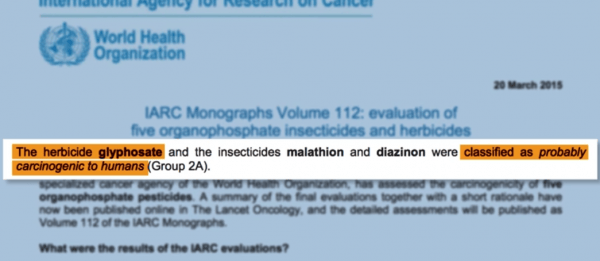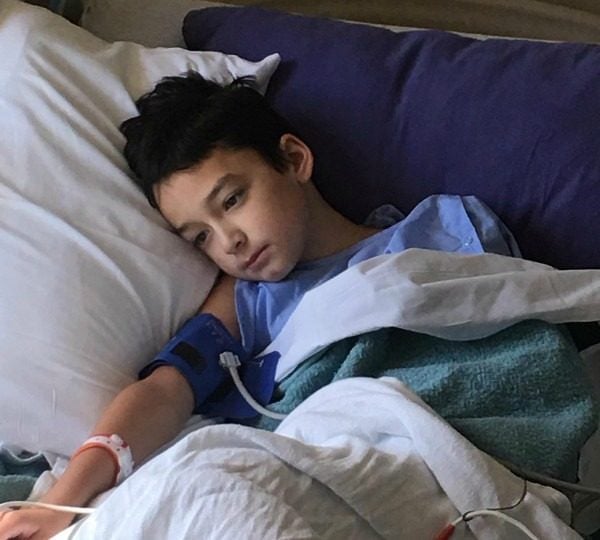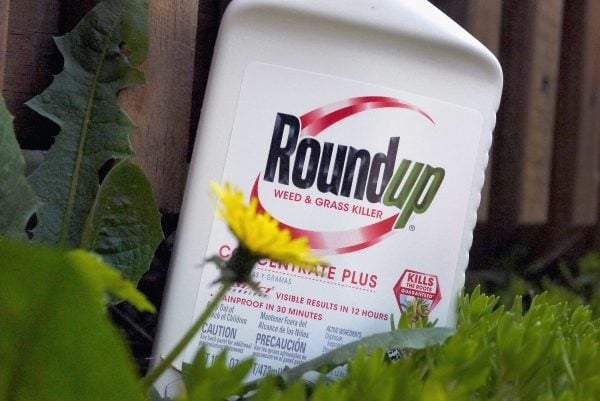
One by one local councils are dropping, caving to the fear that the most popular weedkiller in Australia could increase their constituents’ risk of developing cancer.
Roundup is the number one product used to keep playgrounds, footpaths, shop fronts, sporting fields, crops, and soil clear of unwanted growth.
In other words it’s everywhere, and fear of its main ingredient (glyphosate) has been bubbling away for years. But in 2019, the momentum is snowballing.
What’s glyphosate? Post continues after video.
“A number of NSW Councils, including Fairfield City, Georges River, Willoughby, Kur-ing-gai, Sutherland and Waverley have either banned or are considering banning the use of glyphosate,” reads the minutes from the June 25 Newcastle council meeting.
“While the Australian regulator has indicated the products are safe, the Andrews government has commenced a review into its use in Victoria. The Newcastle Council should apply the precautionary principle and commence a phase out of the product,” continues the motion put forward by no less than seven local councillors.




Top Comments
My group's competitive funding with my 50 postgraduate students and colleagues has been mostly from the Australian Research Council (ARC) as well as from the farming industry corporations (GrainsRDC, CottonRDC, Rural IndustriesRDC), Land and Water Resources Research Development Corporation (LWRRDC), AusAID, the Australian Centre for International Agricultural Research (ACIAR), DFAT and finally, in 2009-2011, the World Bank Development Marketplace. So most of this millions of money came from people like you, I presume a taxpayer, for Australia's benefit with some matching funds from levies on farmers. We have also had a few small grants quite properly through the University from companies like Dow, Arystalife and Du Pont, to assist them to develop safer pesticides. We have had no research grants from Monsanto. My parents and teachers taught me to tell the truth and I consider this is good policy and also a benefit to Australian people like you. The University of Sydney has been my only employer since 1968. So please identify yourself and eat your hat publicly in Martin Place. Finally, I can assure everyone that glyphosate is the safest herbicide and is not carcinogenic. The Washington University study did not show that glyphosate increases the risk of cancer by 41% (as this article wrongly claims) since it did not exclude a statistical aberration. They warn that "our results should be interpreted with caution". Their relative risk (RR) approach using higher cumulative exposure was possibly influenced by other more toxic farm chemicals used before glyphosate was available. In any case, the low RR1.41 is well below the normal level of concern in epidemiological studies of RR2.00.
Ivan Kennedy BSc(Agric) PhD DSc(Agric) FRACI AM
OK - so we can all agree acronyms are cool. GG
"So it is one of the safest compounds for kids who may come into contact with any residue on soil".
It never ceases to amaze me how comfortably an educated person can lie. If Monsanto isn't paying him in some way, then I'll eat my hat.
The USA have been looking at this for a while, so finding stats on there was easier.
30% of completely independent studies say it's not harmful at all.
Nowhere near a majority obviously, but enough to cause some doubt.
That's from The World Health Organisation’s International Agency for Research on Cancer. The EPA are definitely in Monsato's pocket though.